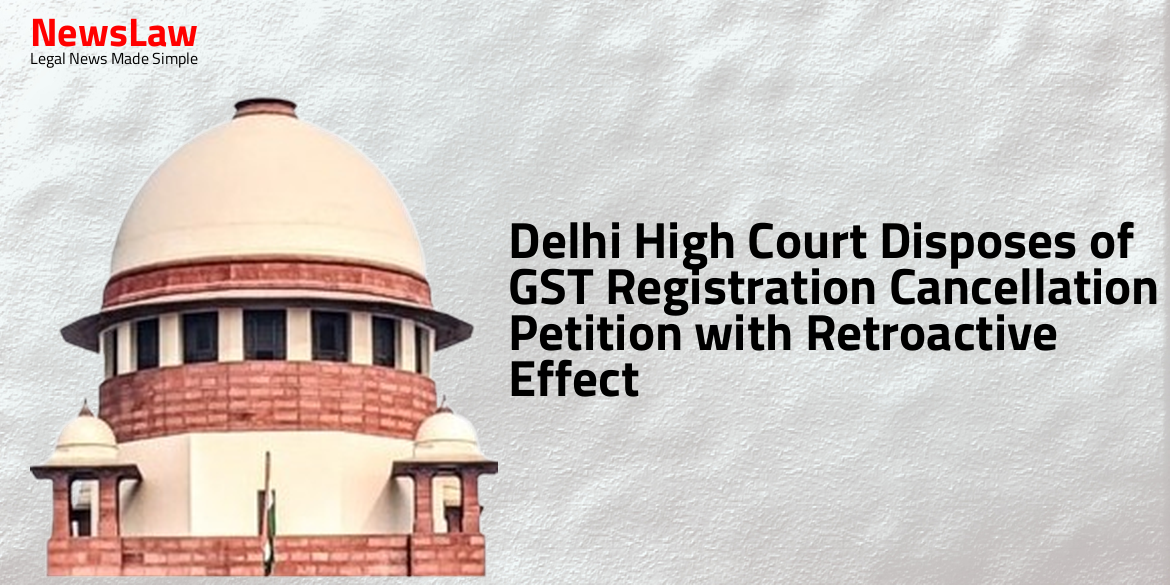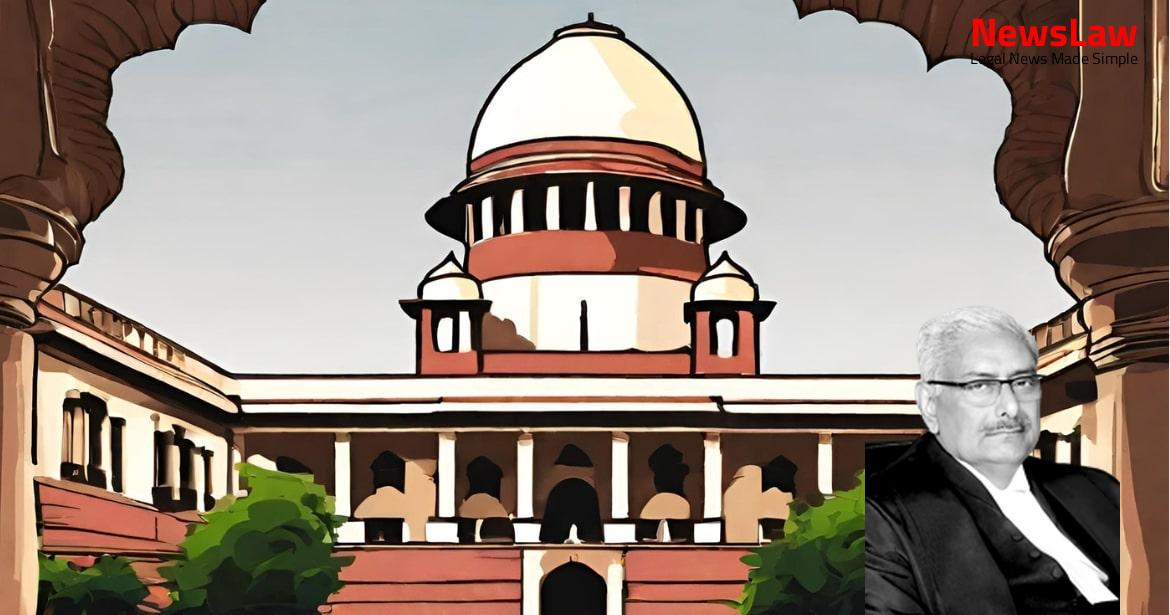In a crucial development, the Supreme Court of India has delivered a judgement on a case revolving around the classification of landholdings under the Debt Waiver Scheme. The case involved a dispute between two brothers, who had taken a loan for purchasing a tractor for their agricultural land. The judgement addresses the eligibility criteria for loan waivers based on the size of land holdings, with implications for the broader agricultural sector in India.
Facts
- The appellants, who are two brothers, took a loan of Rupees three lacs from the first respondent in 2008 to purchase a tractor for their agricultural land.
- The District Consumer Disputes Redressal Forum, Faridabad, allowed the complaint by ruling that each of the appellants had a holding of less than five acres, making them eligible for loan waiver under clause 5 of the Debt Relief Scheme for agriculturists.
- The first respondent, in response to the complaint, argued that the appellants, with a joint holding of more than five acres, should be categorized as ‘other farmers’ entitled to only a twenty-five percent waiver of the loan amount.
- The Bank of India, which had sanctioned the loan, refused to accept the claim for waiver put forth by the appellants based on their holding size.
- The appellants maintain that they fall under the definition of ‘small farmers’ and hence should be eligible for a higher waiver of the loan amount.
- District Forum and SCDRC agreed that the land of the appellants is situated in Faridabad, not included in Annexure-I of the Scheme.
- National Commission held that the debt waiver policy was not applicable to the appellants due to their location.
- National Commission stated that denial of complete loan waiver cannot be seen as deficiency in service.
- District Forum applied the largest holding in the pool for joint loans to determine appellants’ status as small farmers.
- Both appellants were categorized as small farmers based on this test.
Also Read: Court’s Jurisdiction in Re-appraising Arbitrator’s Findings
Arguments
- Appellants argued that under clause 5 of the Scheme, eligible amount can be waived for small and marginal farmers.
- They believe that their entitlement under clause 5 was established before the District Forum and State Commission.
- The National Commission’s view on the entitlement is considered erroneous.
- Appellants claim that their rights recognized by law have been an illusion so far.
- Clause 6 provides debt relief for ‘other farmers’ with a proviso referencing Annexure-I.
- The proviso in clause 6 allows for an OTS rebate of twenty-five percent of the eligible amount or Rs 20,000, whichever is higher, with conditions specified in Annexure-I.
- Appellants argue that their claim falls under clause 5, not clause 6, and is not governed by Annexure-I.
- Learned Counsel for the first respondent relies on explanation 3 of the Scheme for processing cases involving investment credit for allied activities.
- The appellants have not entered into any OTS settlement with the first respondent.
- Without a complete waiver in terms of the Scheme, the appellants would not be entitled to certain benefits.
- The expression ‘direct agricultural loans’ is defined in clause 3.1 of the Scheme.
- The first respondent’s case processing is based on considering the appellants as ‘other farmers’ under clause 3.7 of the Scheme.
Also Read: Contrary Directions in Issuance of Letter of Intent
Analysis
- The National Commission incorrectly concluded that the Scheme only applied to certain districts in Haryana and since Faridabad was not listed, the appellants were not entitled to relief.
- The loan was for allied activities, making Explanation 3 irrelevant.
- The appellants did not claim under clause 6, making the entire eligible amount available for waiver under clause 5.
- The State Commission also supported this finding.
- Clause 5 of the Scheme allows for debt waiver, while clause 6 provides for debt relief.
- Explanation 3 only applies to farmers with investment credit for allied activities.
- Claiming to be small farmers, the appellants fell under the ‘other farmer’ category due to their land holding.
- The largest landholding amongst pooled farmers determines their classification.
- The relief under clause 6 offers a rebate of twenty-five percent of the loan amount in a one-time settlement.
- The National Commission erred by deeming the appellants ineligible based on Faridabad not being in Annexure-I.
- The appellants’ loan was for purchasing a tractor, falling under investment credit.
- The District Forum correctly classified the appellants as ‘small farmers’ due to their landholding.
- The definitions of marginal farmer, small farmer and other farmer are contained in clauses 3.5, 3.6 and 3.7.
- Marginal farmer is defined in clause 3.5.
- Small farmer is defined in clause 3.6.
- The definition of ‘other farmer’ is provided in clause 3.7.
- Concurrent findings of District Forum and State Commission were upheld.
- No valid basis for National Commission to reverse the concurrent findings.
- The decision of the National Commission was not supported by evidence.
- District Forum and State Commission had correctly assessed the case.
- The decision of National Commission was deemed unjust.
Also Read: Application for Stay in Civil Suit Rejected: Court’s Legal Analysis
Decision
- District Forum allowed the complaint by directing the appellants to waive the loan amount and interest outstanding in the name of the complainants against the tractor loan.
- National Commission’s judgment was set aside in this case.
- The appellants are entitled to costs amounting to Rs. 50,000.
- The order of the District Forum, which was confirmed by the State Commission in appeal, has been restored.
Case Title: SATPAL AND ANR. Vs. BANK OF INDIA AND ORS. (2020 INSC 50)
Case Number: C.A. No.-000367-000367 / 2020



